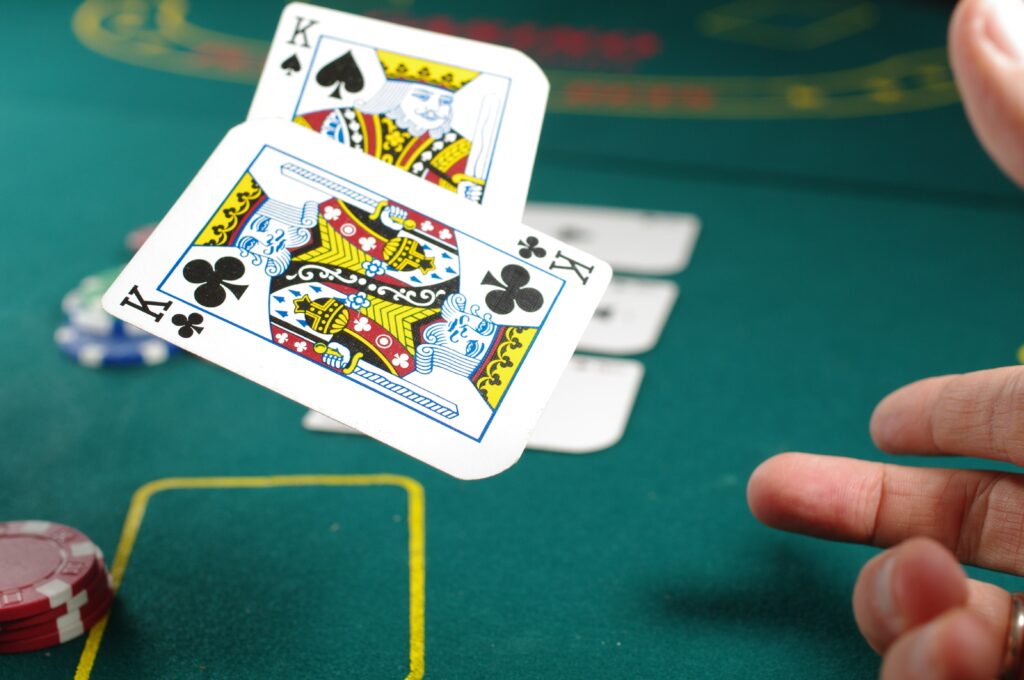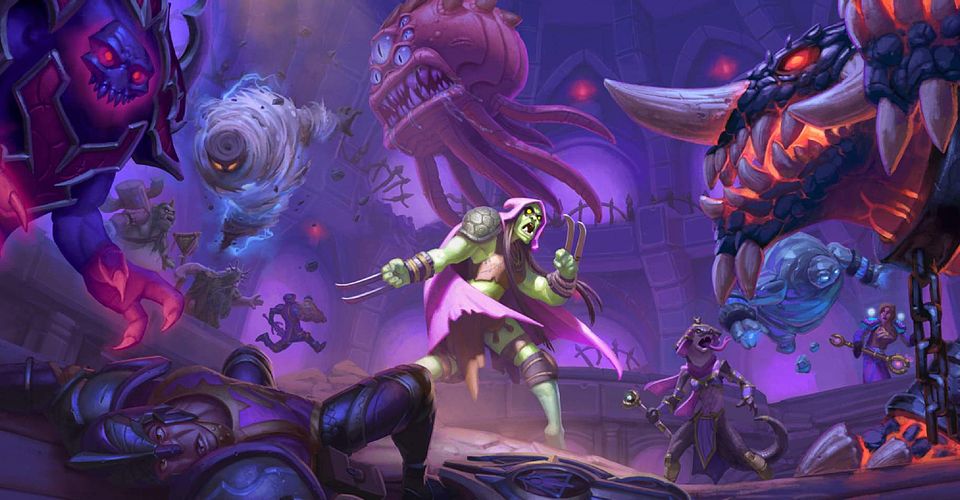Poker is among the most popular card games with numerous variations. Even though getting into a game can be simple, learning to play poker can be intimidating. But learning poker rules and its different variations can give bettors a chance to earn more money on your online gambling Singapore activities over time.
What are the basics of poker?
Poker basics include a deck of 52 cards containing four suits: hearts, spades, clubs, and diamonds. Each suit has 13 cards, which include the numbers 2 to 10, then four picture cards: Jack, Queen, King, and Ace.
In poker card ranks, the Ace is the highest card. Rankings descend from the Ace, King, Queen, Jack, then ten on down to two.
How To Play a Round of Poker
Poker variants can involve different game rules, betting structures, and common terms. However, most poker variations operate similarly as far as the execution of the game goes. Almost all poker games start with each player with at least two cards. In general, there are two cards available to the players:
- Hole Cards
Hole cards are cards dealt to an individual player. These cards are only available to use in hand by the player.
- Community Cards
Community cards are cards that are shared and are dealt in the middle of the table. These cards are available for all players to use in their hands.
Cards are dealt to players depending on the rules of the poker variations. After the cards are dealt to the players, betting rounds will occur. A betting interval or a round in poker starts when a player makes a bet on one or more chips.
Each player will be given a choice of the following options:
- Check
In check, bettors wish to refrain from betting any chips and take the free option. However, this is only an option for poker players if one of their opponents did not place a bet before their turn.
- Bet
A bet is placed by selecting some chips and clicking on the bet button in online poker. Once a player has placed a bet, other players must match that bet or be eliminated from the hand.
- Call
If a player has placed a bet and they wish to stay in hand, then other players must match that bet where they are said to be “calling the bet.”
- Raise
This option refers to players placing a bigger bet than the one they have placed before.
- Fold
If a bet has been made and the other player does not want to match that bet, they would “fold” their hand, eliminating a player from the game.
Poker Terms That Beginners Should Learn
- Blinds
Blinds are relatively small bets that two players on the immediate left of the dealer are forced to put in a pot before a hand starts. Players are forced to put their bets on the pot without seeing their cards, meaning the player is “blind.”
- Banker
The banker exchanges cash and chips among players in a home poker game. Meanwhile, in online games, the banker can use online transactions to exchange money and chips for players.
- Chips
Poker chips represent real money at the poker table. In a cash game, the different chip collars are equivalent to varying amounts of money and are redeemable for real money.
Betting Limits in Poker
- Betting Limits
Betting limits refer to the maximum amount of allowed bets and raises in poker games using a limit betting structure.
- Fixed Limit
Fixed limit is also known as simply “limit.” This limit cap the maximum allowed bet or raise in a poker game. For most poker games, the early betting rounds enable a “small bet,” and the later rounds allow the “big bet.”
- Pot Limit
Pot limit poker games allow a maximum bet or raise that is equivalent to the size of the pot that can be applied to almost any poker game variations.
- No Limit
Poker games with no-limit betting structures enable players to put all their chips in a pot anytime.
- Table Stakes
Table stakes identify the amount of big blinds or the betting limits in a poker game.
- Poverty Poker
Poverty poker refers to a maximum limit of chips that players can lose in a poker game. Each player takes out one stack at the start. If players lose that stack, the banker issues the player another without charging for it. In numerous cases, the player can still get a third stack free before quitting the poker game.
Is It Easy To Learn Poker?
Like any game or skill, learning is a function that determines one’s dedication to practicing and becoming better. The mechanics of poker as a game are simple to pick up within an afternoon.
Whether players want to gain the skills to win in poker or earn some money online consistently will depend on practicing and mastering how the game works. It is also crucial to make one’s practice efficient.
Playing poker for leisure only differs from studying and working to improve one’s skills in the game. Engaging in small poker games at first help preserve one’s bankroll until players deem themselves strong enough to beat bigger games.
Conclusion
Poker rewards skillful play than other card games since it has a mathematical basis. The logic behind a poker game starts with the relative expectancies of the several hands. Statistically, 2.598,960 different five-card hands can be dealt from a deck of cards.
Stepping into online poker games can present an entirely different level. From a practical perspective, players need to know what is considered a good hand, a fair hand, and a poor hand in a certain poker variation.
Anyone who wants to start exploring poker can register for an account at 88ProAsia. We are a trusted platform for online casino games and online betting opportunities in Malaysia, Singapore, and other countries in Asia. Our online gaming platform offers the best odds that can match with Singapore pools live odds, payouts, and bonuses to provide the online gaming community with an unmatched online gambling experience.
































